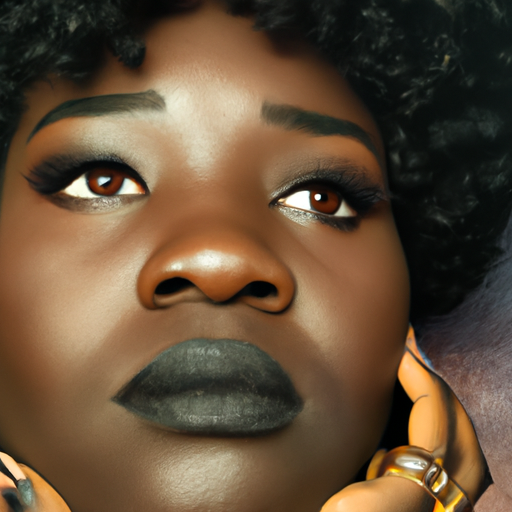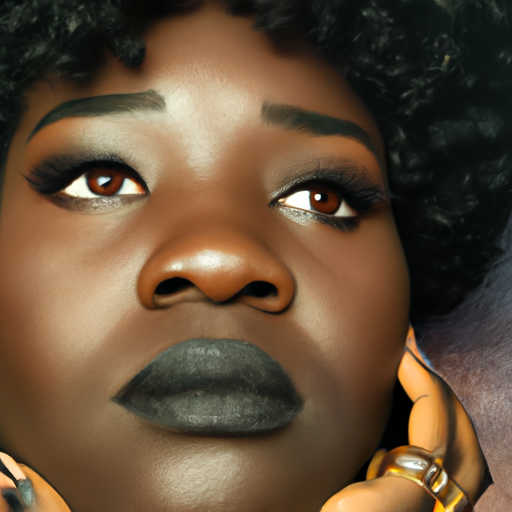As a medical professional, I often encounter patients who are confused about the difference between hydrating and moisturizing their skin. The terms are frequently used interchangeably, but they have distinct meanings and functions. Understanding these differences can significantly improve your skincare routine and overall skin health. So, let’s unveil the mystery: hydrating vs moisturizing explained.
Hydration and moisturization are both essential for maintaining healthy skin, but they play different roles. Hydration refers to the water content within the cells that keep them plump and bouncy, resulting in a youthful and healthy appearance. On the other hand, moisturization is about trapping and sealing in this moisture to build a barrier against external factors such as pollution, weather conditions, and other irritants.
Think of your skin as a sponge. When it’s hydrated, it’s full of water and plump. But if you leave this sponge in an arid environment, it will dry out quickly. That’s where moisturizing comes into play. A moisturizer acts like a sealant, preventing the water from evaporating and keeping the sponge (your skin) soft and supple.
So, how do you know if your skin needs hydration or moisturization? Dry skin, which lacks oil, can feel rough and appear flaky; it needs moisturization to restore its lipid barrier. Dehydrated skin, which lacks water, can feel tight and look dull; it needs hydration to replenish its water content.
Many people believe that drinking plenty of water is sufficient for hydrating the skin. While it’s crucial for overall health, water intake alone is not enough to address skin dehydration. This is because the water you consume goes to hydrate cells from the inside out, and the last organ to receive this hydration is your skin. Therefore, topical hydration using products with ingredients like hyaluronic acid, aloe vera, or glycerin can be beneficial.
On the other hand, moisturizers are oil-based ingredients, including occlusives and emollients. Occlusives form a physical barrier on your skin to reduce water loss, while emollients fill in gaps between skin cells to smooth and soften. Ingredients like shea butter, oils, and silicones are excellent moisturizers.
In conclusion, both hydration and moisturization are vital for maintaining healthy skin. Hydrating products replenish water content in your skin cells, making your skin look plump and youthful. Moisturizing products seal this moisture in and prevent it from evaporating, keeping your skin soft and supple.
Remember, the key to a successful skincare routine is understanding your skin’s needs. If your skin feels rough and flaky, it may need moisturization. If it feels tight and looks dull, it may need hydration. In many cases, a combination of both may be necessary. As always, if you’re unsure about your skin’s needs or how to care for it, consult a dermatologist or skincare professional.




